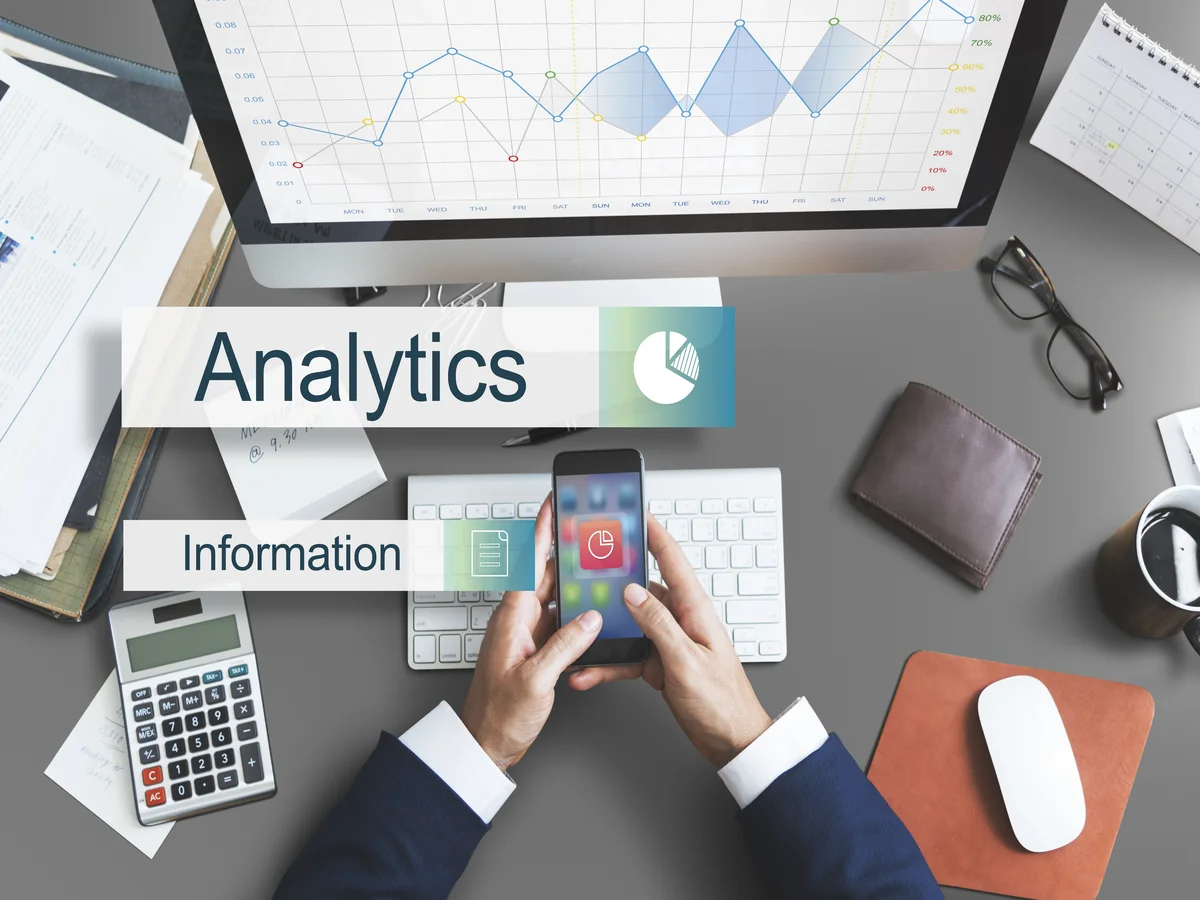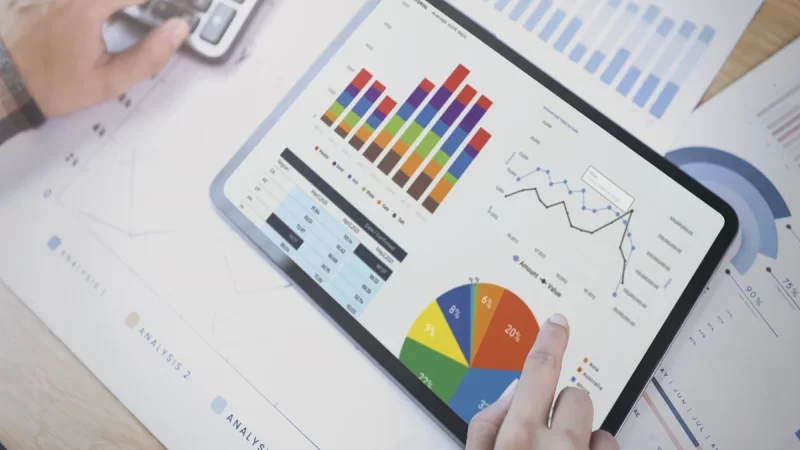What’s New in GA4 for Analytics 360 Properties: GA4’s New Features Revealed

In the ever-evolving landscape of digital analytics, staying ahead of the curve is essential for businesses looking to make data-informed decisions. Google Analytics has long been a go-to platform for many, and with the introduction of GA4 (Google Analytics 4), the game has changed. In this article, we will explore the new features and improvements that GA4 brings to the table, specifically focusing on its impact on Analytics 360 Properties.
1. A Unified User-Centric Approach
One of the most significant changes in GA4 is the shift towards a user-centric data model. Unlike Universal Analytics, which was session-based, GA4 is built around the concept of events and user interactions. This fundamental shift allows you to track and understand user behavior across devices and platforms better. In an era where customers interact with brands through various touchpoints, this user-centric approach provides a more holistic view of your audience.
2. Enhanced Event Tracking
GA4 has greatly improved event tracking capabilities. In Universal Analytics, you were limited to predefined events and had to use custom dimensions and metrics for more granular tracking. In GA4, you can effortlessly track events without the need for extensive custom configurations. This flexibility means you can monitor interactions that matter most to your business, leading to more relevant insights.
3. Machine Learning-Powered Insights
Google has integrated machine learning into GA4 to provide you with more actionable insights. The system can automatically alert you to significant trends and anomalies in your data, helping you identify opportunities or issues faster. With machine learning at its core, GA4 offers predictive metrics that give you a glimpse into future user behavior. This predictive power can be a game-changer for businesses looking to stay ahead of the competition.
4. Cross-Platform Tracking
In today’s multi-device world, understanding how users transition between platforms is crucial. GA4 excels in this area, offering enhanced cross-platform tracking. You can now seamlessly track user journeys across mobile apps, websites, and even offline data. This not only helps in understanding user behavior better but also aids in optimizing marketing efforts across multiple platforms.
5. User Privacy-Centric Design
With the growing emphasis on user privacy and data protection, GA4 is designed to be privacy-focused. It allows you to collect data in a way that respects user consent and adheres to regulations like GDPR and CCPA. By implementing these privacy-centric features, you can build trust with your users while still gaining valuable insights into their behavior.
6. BigQuery Integration
For businesses that require advanced data analysis and reporting, GA4 offers integration with BigQuery. This allows you to export your data directly to BigQuery, where you can perform complex queries and create custom reports. This feature is a game-changer for enterprises with extensive data analysis needs.
7. Enhanced E-commerce Tracking
If you operate an e-commerce platform, GA4 has much-improved e-commerce tracking capabilities. It provides a more comprehensive understanding of user interactions within your online store, helping you optimize the customer journey and drive better conversion rates. You can track product views, cart additions, and even refunds more efficiently.
8. Real-time Data Analysis
Real-time data analysis is becoming increasingly crucial for businesses to respond promptly to changing trends and user behavior. GA4 offers real-time data, enabling you to make informed decisions on the fly. This feature is especially valuable for marketing campaigns and content optimization.
9. Streamlined User Interface
The GA4 user interface has been updated for a more intuitive and streamlined experience. Navigating through reports and finding the data you need is easier, reducing the learning curve for new users.
10. Enhanced Reporting and Analysis Hub
GA4’s reporting and analysis hub provides a central location for exploring your data. It offers more in-depth and customizable reports, making it easier to extract meaningful insights from your analytics data.
Key Takeaways
GA4 brings a host of new features and improvements to the table, making it a compelling choice for businesses looking to enhance their analytics capabilities. With a user-centric approach, enhanced event tracking, machine learning-powered insights, and much more, GA4 promises to deliver a more comprehensive and privacy-focused analytics solution. For Analytics 360 Properties, this transition represents a significant leap forward in terms of data-driven decision-making and understanding user behavior.
As GA4 continues to evolve, businesses that adapt to and leverage these new features will gain a competitive edge in the digital landscape, providing a more personalized and meaningful user experience while driving better business outcomes.
FAQs:
Google Analytics 4, or GA4, is the latest version of Google’s analytics platform. It offers a more user-centric and event-based tracking approach compared to the previous Universal Analytics, which was session-based. GA4 provides businesses with enhanced capabilities for tracking user interactions and understanding user behavior across various platforms and devices.
The primary difference between GA4 and Universal Analytics is the shift from a session-based model to a user-centric model. GA4 focuses on tracking user events and interactions, allowing for more comprehensive cross-platform tracking, enhanced event tracking, and a more holistic understanding of user behavior. It also incorporates machine learning for predictive insights, supports privacy-centric design, and provides better e-commerce tracking.
GA4 benefits Analytics 360 Properties by offering enhanced features such as more comprehensive event tracking, machine learning-powered insights, cross-platform tracking, BigQuery integration, e-commerce tracking, real-time data analysis, a streamlined user interface, and more in-depth reporting. These features enable businesses with Analytics 360 Properties to gain a deeper understanding of user behavior and make data-informed decisions.
While Universal Analytics is still supported, Google has recommended transitioning to GA4 because it offers more advanced features and is better aligned with the evolving digital landscape. Google has ceased active development for Universal Analytics, so it’s advisable to plan for the transition to GA4 to take advantage of its benefits.
GA4 is designed to be privacy-centric. It allows businesses to collect data in a way that respects user consent and complies with data protection regulations like GDPR and CCPA. By implementing privacy-focused features, GA4 helps businesses build trust with their users while still gaining valuable insights into user behavior.







